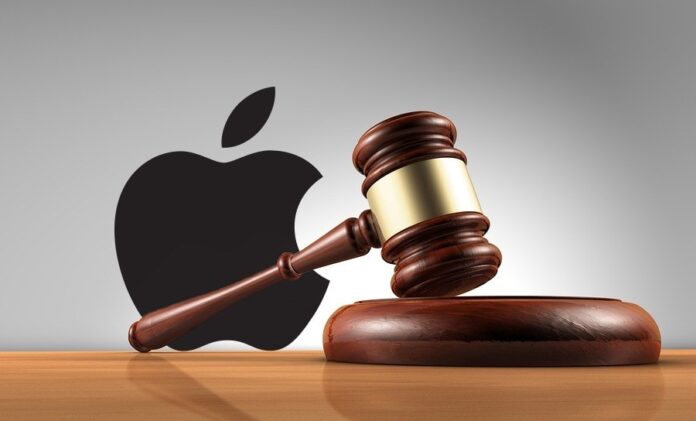Apple has been at the center of a major antitrust lawsuit filed by the Department of Justice (DOJ), which alleges that the tech giant has created a monopoly in the smartphone market and hindered both its direct competitors and developers of apps, super apps, smartwatches, and digital wallets. The DOJ’s complaint includes 210 allegations against Apple, accusing the company of making its products worse for consumers to prevent competition and protect its smartphone monopoly. However, Apple has responded, stating that some of the facts presented by the DOJ are not true.
This case is about freeing smartphone markets from Apple’s anticompetitive and exclusionary conduct and restoring competition to lower smartphone prices for consumers, reducing fees for developers, and preserving innovation for the future
One of the key arguments in the DOJ’s lawsuit is that Apple has a 70% share in the “performance” smartphone market, which is defined as a more expensive segment of the broader smartphone market. The complaint also states that Apple has a 65% market share in the overall U.S. smartphone market. However, Apple has refuted these claims, stating that its market share by units is less than half of the U.S. market and that it does not know what “performance” smartphones are, suggesting that the DOJ used the term to inflate Apple’s market share.
The DOJ also pointed to Apple’s 30% commission on app sales as a way to limit developers’ applications beyond the App Store. Apple responded by stating that it only charges the commission on paid apps, and 85% of developers pay no fee to the company. Apple also noted that the majority of developers who do pay a commission are eligible for a discount.
Another point of contention in the lawsuit is Apple’s decision not to make iMessage available on other smartphones, which the DOJ argues is an example of its monopoly. Apple responded by stating that other messaging apps such as WhatsApp are very successful on iOS, indicating its openness to other companies’ products. Apple also pointed out that WhatsApp and Signal don’t support SMS even on Android phones.
Overall, Apple’s response to the DOJ’s lawsuit highlights the complexities of the case and the differing perspectives on the company’s market dominance and practices. The outcome of the lawsuit could have significant implications for Apple and the broader tech industry.


